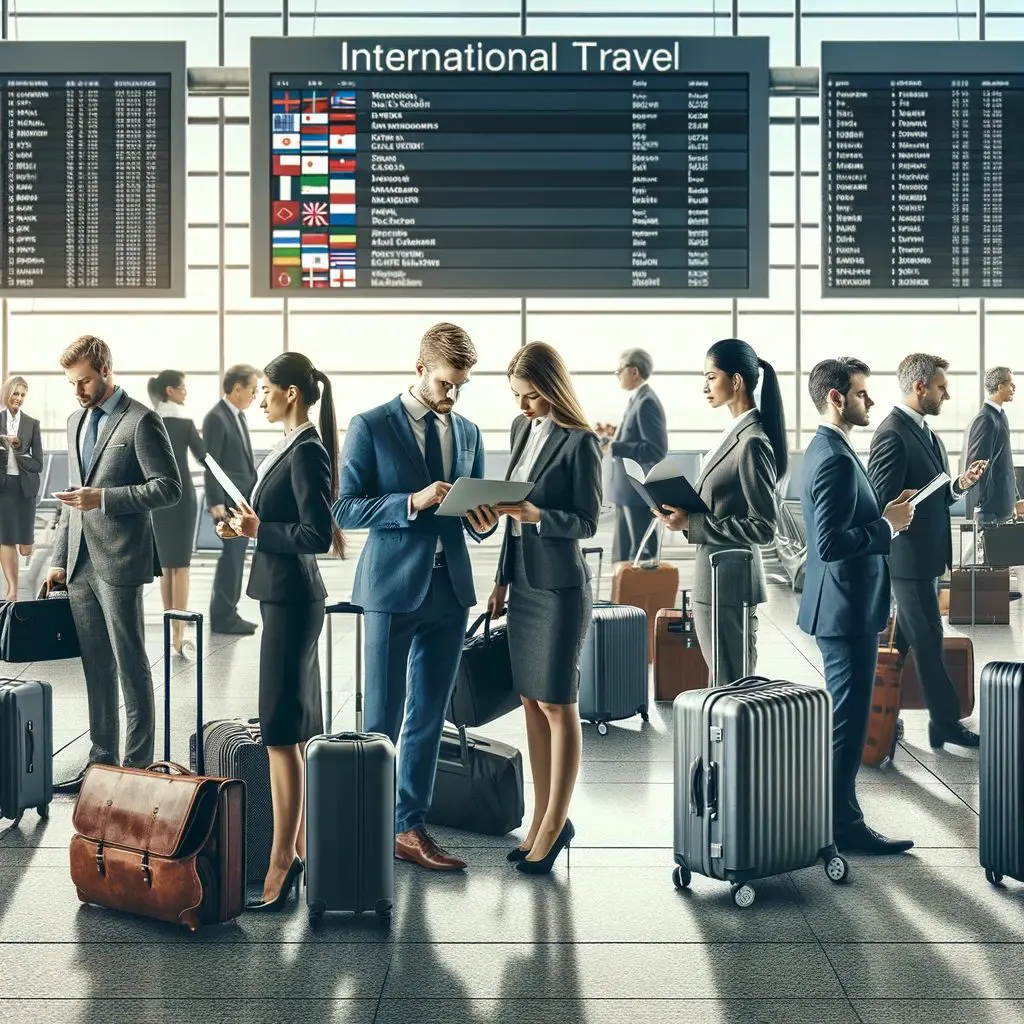B-1 Visa: The Gateway for Business Professionals to the United States
The B-1 Visa stands as a pivotal tool in the arena of international business, serving as a linchpin for foreign nationals entering the United States with commercial objectives. This specialized visa category addresses a niche in the U.S. immigration system, distinctively tailored for individuals engaging in business activities that do not amount to labor or employment within the country. Such activities encompass a wide range, from consulting with business associates and attending conferences to negotiating contracts and participating in training sessions. The B-1 Visa is a gateway for professionals seeking to explore, expand, or enhance business opportunities in the U.S. market.
Eligibility and the Application Journey
Securing a B-1 Visa involves a meticulous demonstration of the business nature of the visit. Applicants must establish their financial sufficiency and strong ties to their home country, ensuring their visit to the U.S. remains temporary. This involves proving that the visit serves a legitimate business purpose and that there is an intention to return post-visit. The process includes thorough consultations with consular officers who assess the business agenda and scrutinize the applicant’s ties to their homeland. This stringent vetting process is designed to maintain the integrity of the B-1 Visa, ensuring it aligns with its intended purpose of facilitating business-related visits.
Understanding the Restrictions and Maintaining Compliance
The B-1 Visa, while flexible, comes with specific restrictions to prevent misuse and ensure it is utilized for its intended business facilitation purpose. Visa holders are prohibited from engaging in gainful employment in the United States. This includes any job that requires skilled or unskilled labor, academic enrollment, or any form of hands-on building or construction work unless it is strictly supervisory or related to training. These limitations are pivotal in maintaining the visa’s status as a business visitation tool rather than a work permit, underlining the importance of compliance with U.S. immigration laws to avoid potential legal complications.
The Economic and Diplomatic Implications
The B-1 Visa’s role extends beyond individual business travel to significantly impacting the U.S. economy and international relations. It encourages international trade, professional exchanges, and economic growth, supporting the U.S. as a primary destination for business and investment. Furthermore, the potential for B-1 Visa holders to adjust their status to permanent residency, under regulated conditions, reflects the U.S.’s recognition of the contributions of international business professionals to the nation’s cultural and economic landscape.
Conclusion: A Cornerstone of Global Business Interaction
In conclusion, the B-1 Visa represents an essential element of the U.S. immigration framework, adeptly balancing the facilitation of international business engagements with maintaining the nation’s immigration system’s integrity. Its role in fostering global economic relations and enhancing the U.S. economy underscores the need for comprehensive understanding and adherence to its guidelines by businesses, legal practitioners, and international travelers. The B-1 Visa is not merely a travel document but a facilitator of global business interactions and a testament to the U.S.’s commitment to being a key player in the global economy.












